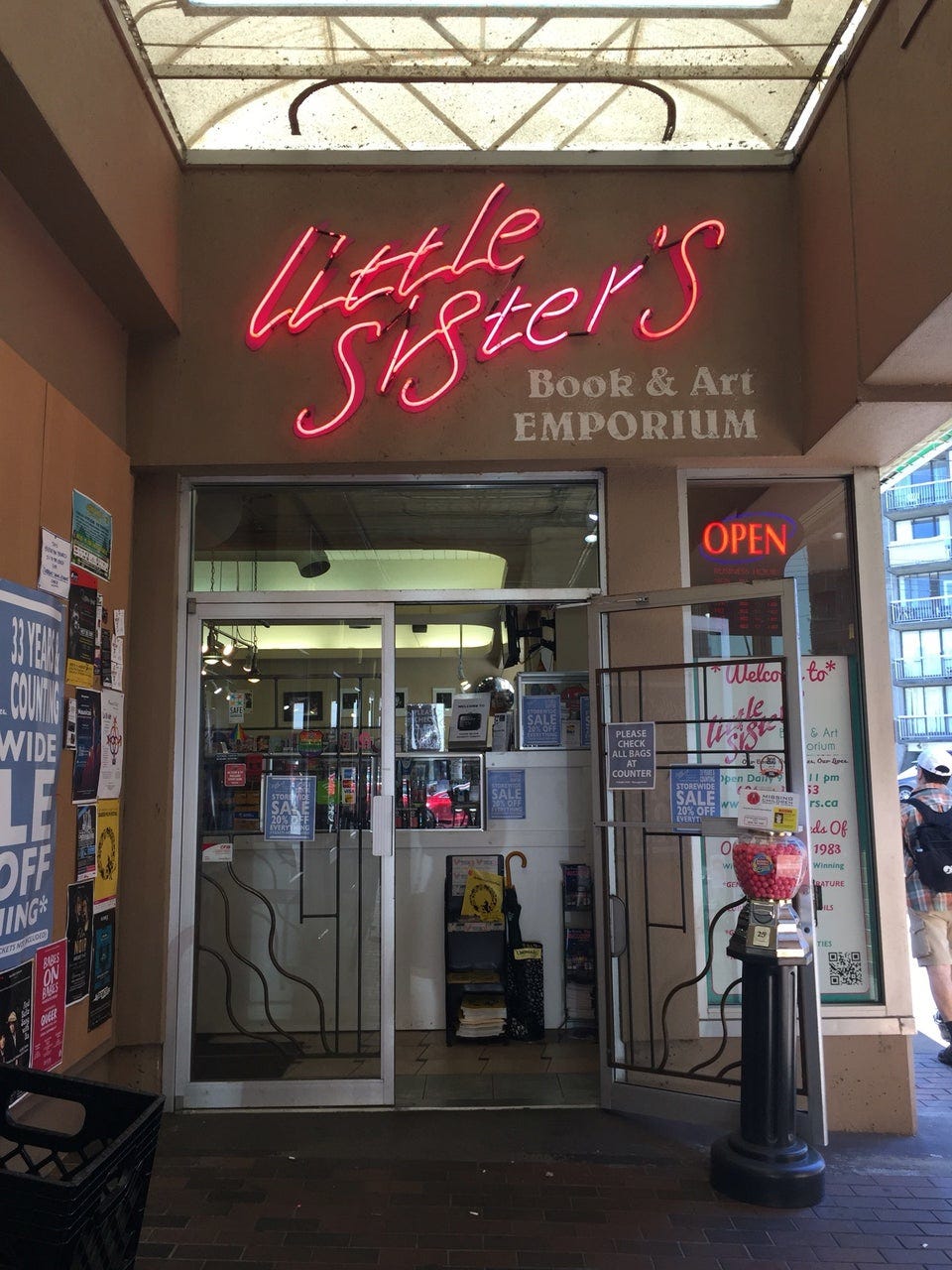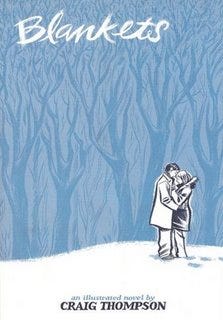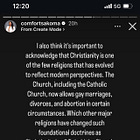The pen is mightier
Social conservatives are once again embracing one of their favourite tactics — book banning
When I was in grade four, long before I realized I was gay, British Columbia was embroiled in controversy over three books. The books — Asha's Mums, by Michele Paulse and Rosamund Elwin; Belinda's Bouquet by Lesléa Newman; and One Dad, Two Dads, Brown Dad, Blue Dads by Johnny Valentine and Melody Sarecky — were banned in the Surrey school district because of “parents’ religious concerns about discussing homosexuality with their children.”
The Surrey book banning case marked a significant change in sentiment towards queer people in the province. Previously, few books available in school libraries even mentioned queer people, much less focused on them. However, the fight against censorship started long before 1997.
Hey, little sister, what have you done?
In 1983 partners Jim Deva and Bruce Smyth opened Little Sister’s Book & Art Emporium upstairs in a residential house. The store was named after a cat — Little Sister — that would frequently attack customers. It quickly became a community hub; a gathering place where queer people could meet, advocate and buy otherwise inaccessible books.

However, it also attracted the attention of the government, which began harassing the store. In 1985, only two years after they opened, Canada Customs seized a shipment of lesbian magazines being shipped in from the United States. A year later, Customs seized more than 600 books and magazines, claiming they violated Canada’s obscenity laws.
“Seizure included not only magazines, videos and photographic essays, but books consisting entirely of text, including works by internationally acclaimed authors such as The Man Sitting in the Corridor by Marguerite Duras and Querelle by Jean Genet. Also seized were the award-winning novels Trash by Dorothy Allison and The Young in One Another’s Arms by Jane Rule. Frequently AIDS/HIV safe-sex education literature was classified as prohibited. The Court record includes testimony from mainstream booksellers to the effect that no such problems were encountered in their importation of the same books.”
Little Sisters Book and Art Emporium v. Canada (Minister of Justice), [2000] 2 S.C.R. 1120
In 1987 things escalated. A bomb exploded in the stairwell between Little Sister’s and the restaurant located beneath it. Two months later, another explosive device was thrown through the back door of the restaurant during a busy Saturday night. It was a miracle that no one was injured.
As Canada Customs continued to censor queer books and attempt to put Little Sister’s out of business, Deva and Smyth launched a 20 year legal battle to protect their right to import queer materials.
“After a lengthy trial the trial judge found not only that the Customs officials had wrongly delayed, confiscated, destroyed, damaged, prohibited or misclassified materials imported by the appellant bookstore on numerous occasions, but that these errors were caused by the “systemic targeting” of the store’s importations.”
Little Sisters Book and Art Emporium v. Canada (Minister of Justice), [2000] 2 S.C.R. 1120
Mary, quite contrary
At the same time that the Little Sister’s case was working its way to the Supreme Court, Surrey’s elected school board voted to ban books based on the potential to upset parents with religious objections to queer people. An elementary school teacher named James Chamberlain brought the books to the board to approve for use in his classroom. The opposition was led by three primary individuals — Heather Stilwell, a school trustee and founder of the Christian Heritage Party; trustee and future BC Liberal MLA Mary Polak; and radio host Kari Simpson.

Compared to the 20 year legal battle of Little Sister’s, the Surrey book case went through the courts much more quickly — within five years it was before the Supreme Court. Justice Beverley McLachlin ruled that the school board acted illegally because they banned them based on religious objections.
“Instead of proceeding on the basis of respect for all types of families, the Superintendent and the Board proceeded on an exclusionary philosophy. They acted on the concern of certain parents about the morality of same-sex relationships, without considering the interest of same-sex parented families and the children who belong to them in receiving equal recognition and respect in the school system. The Board was not permitted to reject the books simply because certain parents found the relationships depicted in them controversial or objectionable.”
Chamberlain v. Surrey School District No. 36, [2002] 4 S.C.R. 710, 2002 SCC 86
Just because the Supreme Court said the board could not ban these books does not mean Stilwell, Polak or Simpson stopped there. Stilwell continued to champion socially conservative causes until her passing of breast cancer in 2011. Mary Polak held multiple portfolios as a cabinet minister under Premiers Gordon Campbell and Christy Clark before being defeated in 2020. Simpson was compared to a Nazi by a radio host, sued for defamation, and the Supreme Court ruled fair comment.
“In his editorial, [Mair] compared [Simpson] in her public persona to Hitler, the Ku Klux Klan and skinheads. . . At trial, M testified that no imputations of condoning violence were intended by him nor in fact made. Rather, M had intended to convey simply that S was an intolerant bigot.”
WIC Radio Ltd. v. Simpson, [2008] 2 S.C.R. 420, 2008 SCC 40
Cancel the queers
The last British Columbia election featured a campaign to censor queer content, specifically in schools. This time it was led by former RCMP officer turned politician, Elenore Sturko.
During her campaign to become the BC Conservative MLA for Surrey-Cloverdale, Sturko criticized two books that she was informed were available in local schools — Fun Home: A Family Tragicomic by Alison Bechdel, and Gender Queer by Maia Kobabe. Fun Home was hailed as one of the best books of 2006 by the New York Times, The Times of London, Publishers Weekly, New York magazine, and Entertainment Weekly, among others. The author, Alison Bechdel, is famous for coining the “Bechdel Test”, a set of rules for going to movies, specifically that, “the movie has to have at least two women in it; who talk to each other; about something other than a man.”
Gender Queer is an illustrated autobiography following Kobabe's journey from adolescence to adulthood and the author's exploration of gender identity and sexuality, ultimately identifying as being outside of the gender binary. It has also become the target of efforts to ban books in the United States, earning it the distinction of being the most banned book in the country. The book includes illustrations of masturbation, an oral sex encounter and an erotic image of a man and boy illustrated on an ancient Greek urn.

Sturko — who wrote a book herself about her uncle being removed from the RCMP for being gay — claimed the existence of these books in schools proved Premier David Eby and the NDP "support the sexualization of kids in schools.” She further argued that the books’ availability was evidence the Sexual Orientation and Gender Identity Education Program should be scrapped, even though neither book is on the SOGI 123 book list.
Sturko narrowly defeated incumbent Mike Starchuk and was elected as the BC Conservative MLA for the riding last fall. She has since been fighting with her caucus, which has called for her to be punished for supporting the Vancouver Police Board’s decision to remove their vice-president over controversial comments she made.
Ideas are incombustible
Once again, right-wing activists are calling for books to be censored and banned. Alberta Education Minister Demetrios Nicolaides has rolled out new rules for school libraries which intends to ban references to sexual acts, nudity, drug and alcohol use, profanity and other mature content. However, three of the four books given as examples of the kinds of inappropriate literature the Alberta government is seeking to ban from schools are queer-focused — Fun Home and Gender Queer are two of the books identified, and Flamer by Mike Curato also focuses its story on queer themes.

Pro-censorship groups have called for more books to be banned, and they do not mince words about why — they want all references to queer people expunged from school libraries. Action4Canada, a Christian lobby group, sent the Alberta government a list of books they want banned.
“The following list of books has been created in collaboration with educators to support integration of SOGI/CSE into the K-12 curriculum. All of these books, and any other titles by the same authors, plus any books of the same genre must be immediately removed from all branches of the education system as well as from public libraries across Canada.”
Sexually Explicit and Pornographic Books Currently Available in Schools and Libraries across Canada, Action4Canada
These efforts have made their way to the BC legislature. BC Conservative MLA Mandeep Dhaliwal, who represents Surrey North, has introduced a private members’ bill to force a review of all books, films, pamphlets and other resources used in schools. Dhaliwal has previously told reporters the main reason he ran for office was to get rid of the Sexual Orientation and Gender Identity Education program.
The cycle of censorship continues, and while the names of the books change, the themes that people seek to ban remain the same. From Asha’s Mums to The Young in One Another’s Arms to Gender Queer, stories that show queer people in a positive, liberating light are targeted.
Unlike in the past, however, we are in an era where children have smartphones and access to the internet, and the idea that they need to be protected from books and graphic novels rings hollow. Rather, exposure to all the explicit and controversial materials available online emphasizes how important it is to ensure people growing up have access to thoughtful stories that explore these themes in mature, meaningful ways.
If you're looking for a place to start, try the SOGI 123 list of recommended books.
Your reading list
Querelle of Brest by Jean Genet (1947)
The Young in One Another’s Arms by Jane Rule (1977)
Trash by Dorothy Allison (1988)
Belinda's Bouquet by Lesléa Newman (1989)
Asha's Mums, by Michele Paulse and Rosamund Elwin (1990)
The Man Sitting in the Corridor by Marguerite Duras (1991)
One Dad, Two Dads, Brown Dad, Blue Dads by Johnny Valentine and Melody Sarecky (1994)
Fun Home: A Family Tragicomic by Alison Bechdel (2006)
Gender Queer by Maia Kobabe (2019)
Flamer by Mike Curato (2020)










Great minds think alike, I just had a column published in the Calgary Herald drawing the analogy between Alberta's actions and the Chamberlain case. I chose to focus on the illegality of the state making determinations like this to appease narrow religious interests (rather than a broader secular best interest).
The Little Sisters case is another critical comparison. And the personal stories here are enlightening too.